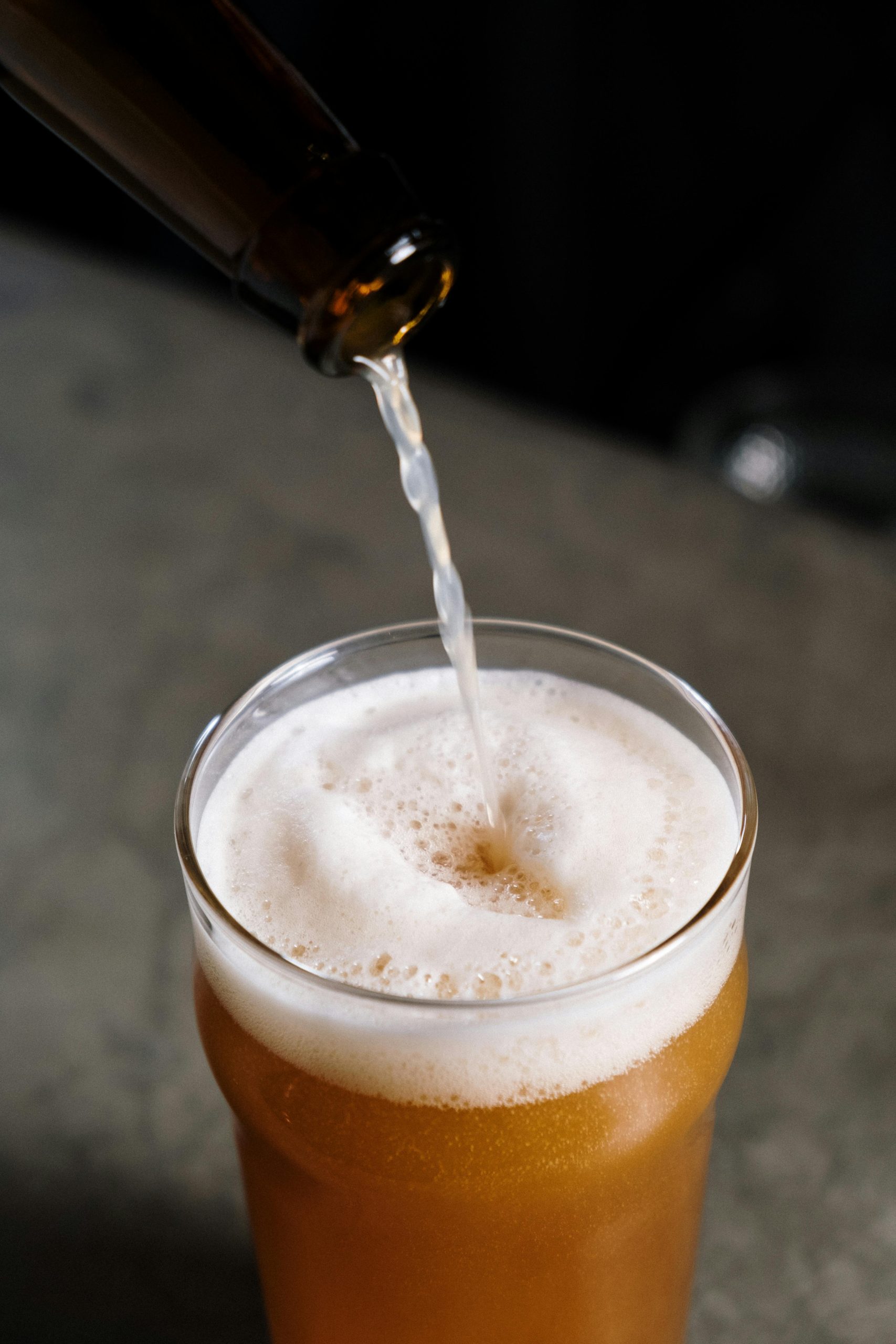Your cart is currently empty!

Steven Coulson
Steven has been drinking beers, wines and spirits for decades and has a propensity to go about them at length after a few drinks.
Latest Posts
- My wife found out our favorite Gin for martinis was discontinued. I think we are good for a while…

- Oregon Road Trip: Freeland Spirits Garden Botanicals Gin

- Botanist with Trader Joe’s Lemon and Elderflower Soda

- I’m one of the worlds leading buyers of craft gin in the world and a international spirit judge AMA

- I’m blown away…. By how let down I am by this Gin.

Categories
Tags
Social Links

Innovative Feeding: Cows and Methane Reduction Through Beer By-Products
In a groundbreaking approach to sustainable agriculture, recent studies have indicated that cows whose diets include beer by-products tend to produce significantly lower levels of methane. This surprising discovery presents a dual benefit: enhancing livestock nutrition while also contributing to environmental preservation.
Methane is a potent greenhouse gas, and livestock farming is a notable contributor to its emissions. However, researchers have found that by incorporating spent grains and other by-products from the brewing process into cattle feed, methane emissions can be reduced. This approach not only aids in mitigating climate change but also provides a valuable outlet for breweries, turning waste into a resource.
The implications of this finding are substantial for both farmers and the environment. Introducing beer by-products into cattle diets can enhance the overall health and productivity of the animals while also taking significant steps toward reducing the carbon footprint associated with livestock farming.
As we continue to seek innovative solutions to combat climate change, this practice represents a promising direction for the future of sustainable agriculture. By rethinking traditional feeding methods and leveraging local resources, we can make strides towards a more eco-friendly food system.
In summary, the integration of beer by-products into cattle diets not only supports better animal health but also contributes to a vital reduction in methane emissions, showcasing the potential of creative solutions in the quest for environmental sustainability.
